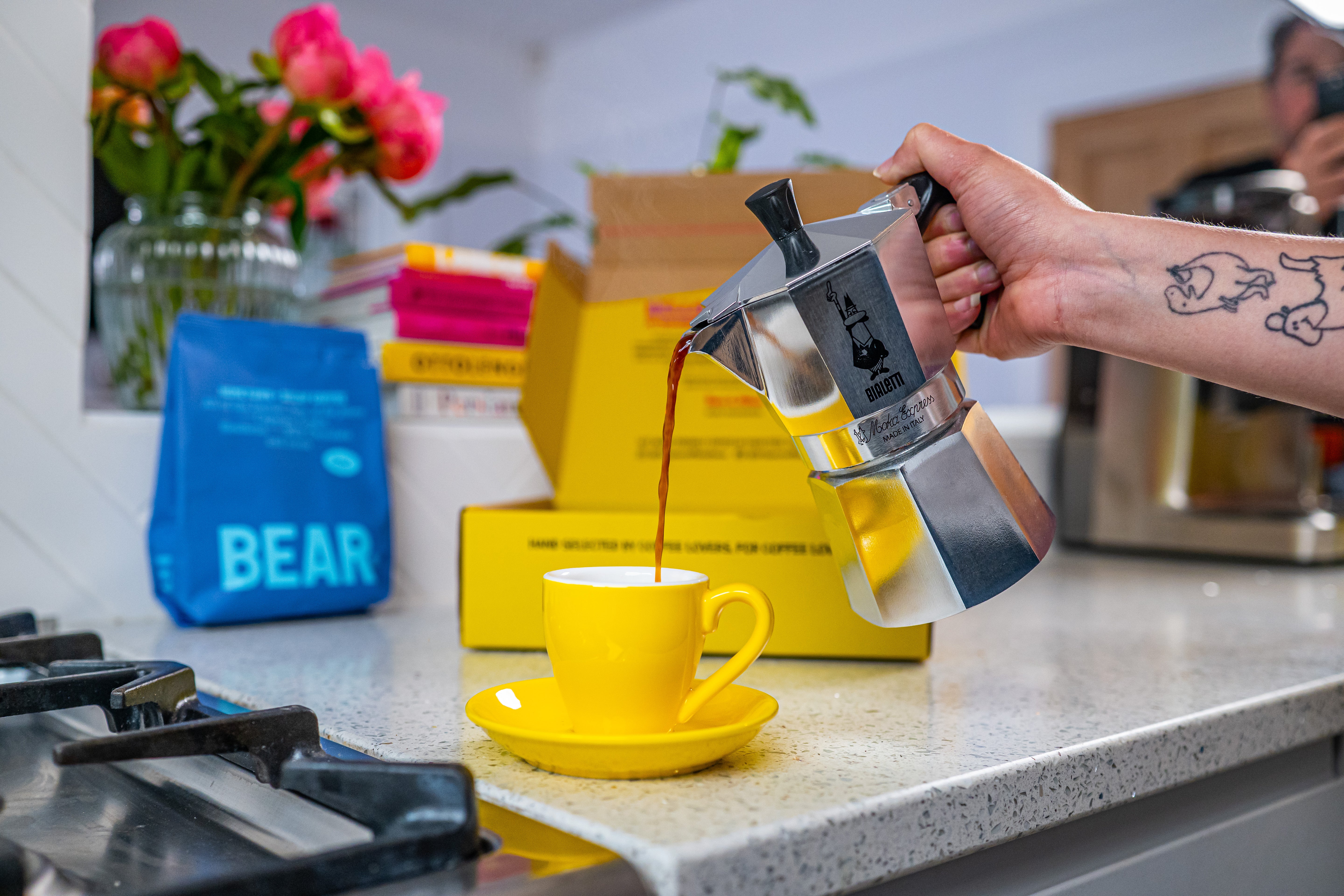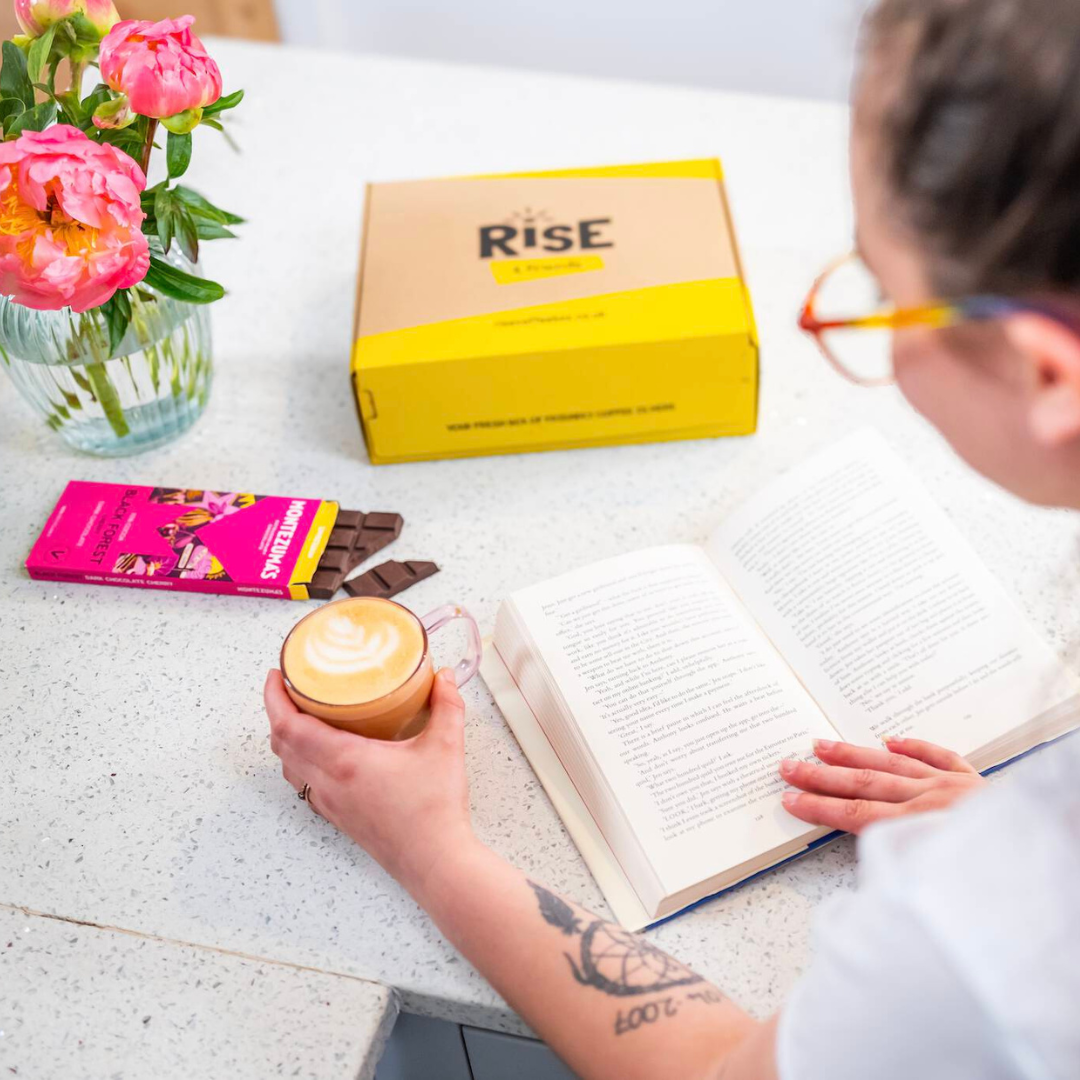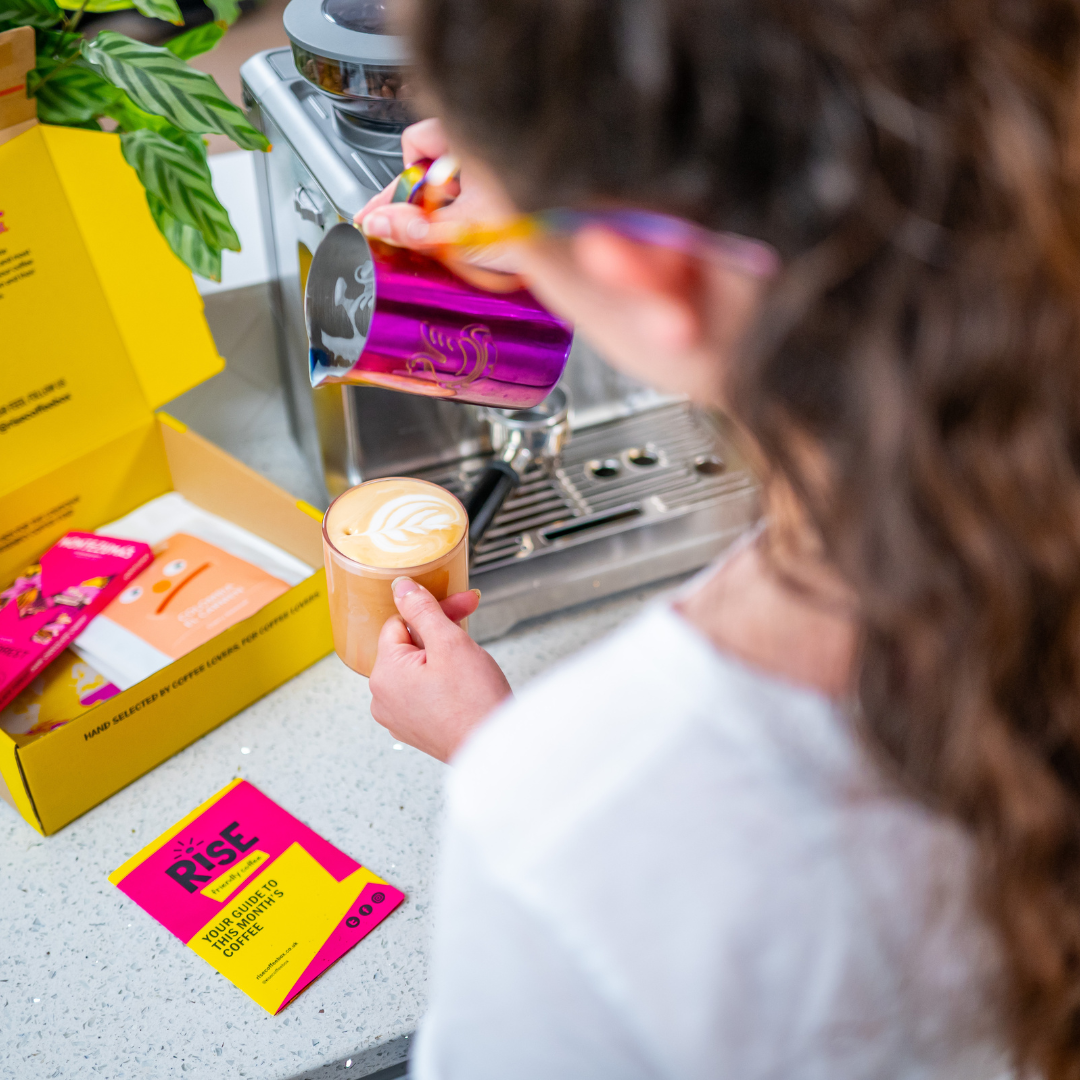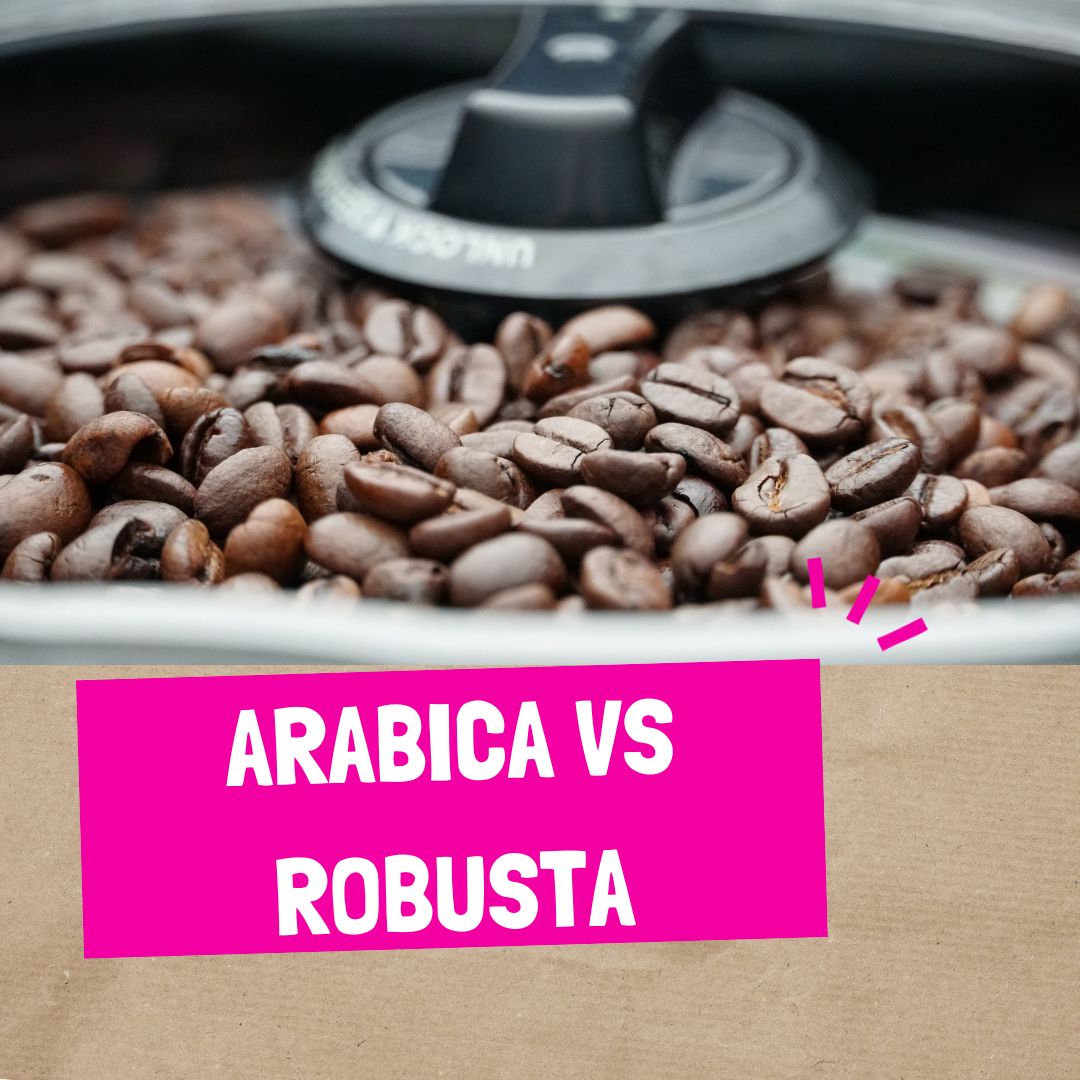Can You Freeze Coffee Beans? A Detailed Guide for UK Coffee Lovers
Freezing coffee beans is a popular topic among coffee lovers, especially for those who want to preserve the freshness of their beans for longer periods. But is it the best method? In this guide, we’ll explore the pros and cons of freezing coffee beans, compare alternative storage methods, and provide tips on how to keep your coffee beans as fresh as possible for longer. This guide is designed to help UK coffee lovers make informed decisions. So, lets delve in to the freezer...
Pros and Cons of Freezing Coffee Beans
As with anything, there is always a pro and a con to whether you should do something, and this really comes down to your personal taste or opinion on whether freezing coffee beans is the right thing to do, or not. For some, like us, we consume a regular amount of coffee and so typically don't need to store coffee in a freezer, as we drink it too quickly! But, what if you have a RISE coffee box subscription, and then someone buys you can extra few bags as a gift - maybe freezing it could be a good option!
Pros of Freezing Coffee Beans
-
Extended Freshness:
- Freezing can significantly slow down the oxidation process, which is responsible for the staling of coffee beans. By freezing, you can keep your beans fresh for several months, preserving their flavours and aromas. Admittedly, the beans won't have the same fresh aromas as a new bag of coffee, but freezing does a good job - and beats buying stale coffee from the supermarket!
-
Bulk Storage:
- For those who buy coffee beans in bulk or have access to specialty beans, freezing allows you to store large quantities without worrying about the beans going stale before you use them. Buying in larger quantities often reduces the cost - our RISE 1KG box is great value!
-
Convenience:
- If you don’t consume coffee frequently, freezing allows you to keep your beans fresh between uses, ensuring that each cup is made with quality beans.
Cons of Freezing Coffee Beans
-
Moisture Risk:
- The main risk of freezing coffee beans is exposure to moisture, which can lead to freezer burn or condensation. Moisture can degrade the quality of the beans and negatively impact the flavour.
-
Loss of Aroma and Flavour:
- Over time, even in the freezer, coffee beans can lose some of their aromatic oils and flavours. While freezing slows down this process, it doesn’t stop it entirely, potentially leading to a less vibrant cup of coffee.
-
Inconsistent Temperature:
- Each time you remove coffee from the freezer, the temperature change can cause condensation on the beans, further increasing the risk of moisture damage.
-
Packaging Considerations:
- Coffee beans need to be stored in airtight, freezer-safe bags or containers to avoid moisture and odor absorption. Improper packaging can result in freezer burn or the absorption of unwanted flavours from other frozen foods.
How to Properly Freeze Coffee Beans
If you decide to freeze your coffee beans, here’s how to do it correctly:
-
Portion Control:
- Divide your coffee beans into small portions, ideally the amount you would use in a week. This minimises the number of times you need to open the container, reducing exposure to air and temperature fluctuations.
-
Use Airtight, Vacuum-Sealed Bags:
- Store the beans in airtight, vacuum-sealed bags or containers to protect them from moisture and freezer odors. Vacuum-sealing is the best option as it removes most of the air, further preserving the beans.
-
Avoid Frequent Thawing:
- Once you take beans out of the freezer, allow them to come to room temperature before opening the container. Avoid refreezing beans, as the repeated temperature changes can damage them.
Alternative Coffee Bean Storage Methods
If freezing coffee beans doesn’t appeal to you, there are several other storage methods to consider:
1. Room Temperature Storage
-
Airtight Containers:
- Store your coffee beans in a cool, dark place using an airtight container. Avoid exposure to light, heat, and humidity, which can speed up the degradation process.
- A great option for airtight containers to buy online is Airscape coffee container
-
Opaque Containers:
- Use opaque containers to protect your beans from light. Clear containers should be avoided, as light exposure can cause the beans to deteriorate more quickly.
2. Refrigeration
-
Not Recommended:
- Refrigerating coffee beans is generally not advised. The fridge’s temperature is not cold enough to slow down the staling process significantly and is more likely to expose the beans to moisture and odors.
3. Vacuum-Sealed Bags
-
Best for Long-Term Storage:
- If you’re not freezing, vacuum-sealed bags are excellent for long-term storage at room temperature. Removing air from the storage environment slows oxidation, keeping beans fresher for longer.
4. Storing in a Pantry
-
Cool and Dark:
- A pantry can be an ideal spot if it’s cool, dark, and dry. Place the beans in an airtight container to protect them from moisture and light. Ensure that the pantry is not near any heat sources like ovens or stoves.
So... Should You Freeze Coffee Beans?
Freezing coffee beans can be a good option for extending freshness, especially for those who purchase in bulk or don’t consume coffee daily. However, it’s essential to do it correctly to avoid moisture damage and loss of flavour. For those who prefer not to freeze, storing beans in airtight containers at room temperature, away from light and heat, is the best alternative. By carefully considering your coffee consumption habits and storage options, you can enjoy the freshest cup possible every time.
By following these tips, UK coffee lovers can make the best decisions to keep their coffee beans fresh and flavourful, whether they choose to freeze them or explore other storage methods.

MONTHLY COFFEE DELIVERED TO YOUR DOOR






























Leave a comment